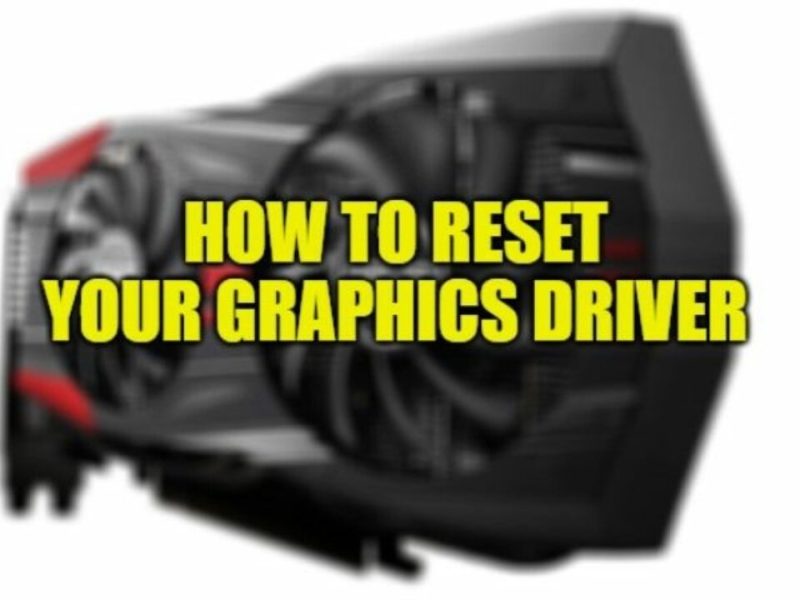The central processing unit (CPU) is an integral part of any computer because it performs and controls most of the processes in a computer. While the CPU is in control of most processes, things like memory or cache also play a part in helping processes complete. A CPU-bound computer is one where, instead of using the other components, the processes are exclusively CPU-bound. A CPU-bound system configuration has advantages and disadvantages. It has very fast processing if the CPU is powerful, but it also creates an imbalance because the other components are not used.
A dual core CPU mounted on a motherboard.
When a system is CPU bound, it means that only the CPU is working on all processes. During this time, the CPU may be using 90 to 100 percent of its power instead of the 10 to 20 percent it uses at other times. If the CPU is fast, it will speed up processing and make the computer faster overall. This often happens with programs that require calculations, such as calculators and spreadsheet programs. Programs with graphics and any other type of processing will not work well with a CPU system.
A Central Processing Unit (CPU).
Unlike other systems where the computer relies on other components to help with processing, the CPU is only used if it is tied to the CPU. When someone wants to speed up a computer, they usually add more random access memory (RAM) or other components. For CPU-bound computers, only the CPU should be upgraded, because those other memory components don’t matter.
There are three other types of linked systems: input/output (I/O) limit, memory limit, and cache limit. The I/O limit means that the system is bound to the I/O information; is best used in a program where lines must be counted. A memory-bound system is better at processing large amounts of data and is bound to memory components such as RAM. A cache-bound system, which is a subset of memory, works the same way as a memory-bound system, it only processes data that has already been found.
The advantages of having a CPU-bound system are as numerous as the disadvantages. Of all the linked systems, the CPU is the fastest and tends to be the most used. If programs with calculations are mainly used, the CPU system will work in the best way. Instead of upgrading other components, the user will only have to focus on upgrading the CPU to improve performance.
In addition to the downsides, having a CPU system can throw the computer off balance because it’s not taking advantage of the other processing components. CPUs tend to be expensive, so upgrades can be expensive. Although the CPU is fast, it can only run on a few processes at a time. This means that if the user has several programs open, only one or two will be running quickly, while the others will barely move.


